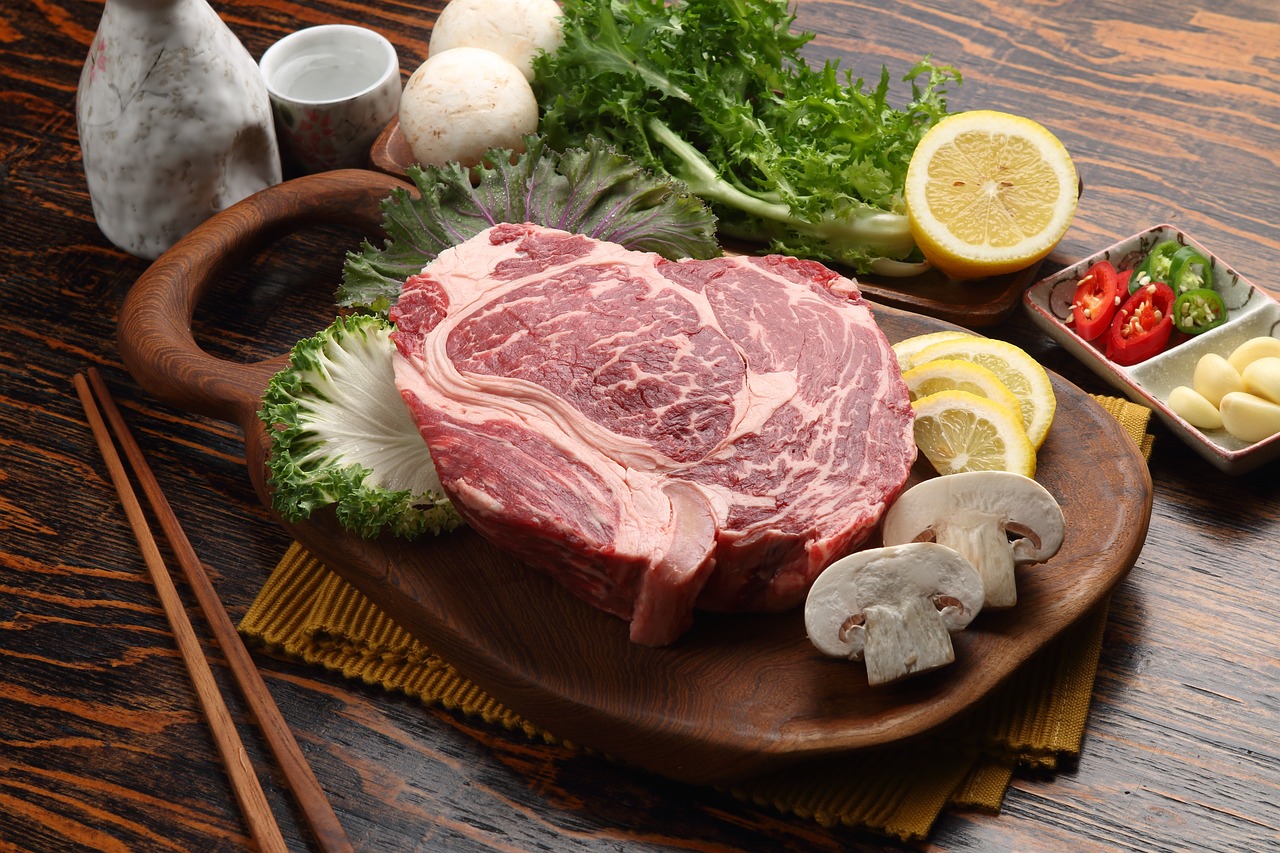Iron is a vital trace mineral that plays a crucial role in various bodily functions, including oxygen transport, energy production, and immune system function. Iron deficiency is a common nutritional deficiency worldwide, affecting millions of people, particularly women, children, and pregnant individuals.
The Importance of Iron
Iron is a key component of hemoglobin, a protein found in red blood cells that carries oxygen from the lungs to the body’s tissues. Without enough iron, the body cannot produce enough hemoglobin, resulting in anemia. Anemia can lead to fatigue, weakness, shortness of breath, and other symptoms.
Iron is also essential for other bodily functions, including:
- Energy production: Iron is involved in the process of cellular respiration, which produces energy for the body.
- Immune function: Iron is necessary for the proper functioning of the immune system, helping the body fight off infections.
- Brain development: Iron is crucial for brain development, particularly in infants and young children.
Sources of Iron
Iron can be found in both plant-based and animal-based foods.
Animal sources of iron include:
- Meat: Red meat, poultry, and fish are excellent sources of iron.
- Eggs
- Shellfish
- Fortified foods: Some breakfast cereals and dairy products are fortified with iron.
Plant-based sources of iron include:
- Legumes: Lentils, beans, and chickpeas are good sources of iron.
- Whole grains: Brown rice, quinoa, and whole-wheat bread are rich in iron.
- Dark leafy greens: Spinach, kale, and collard greens are good sources of plant-based iron.
- Dried fruits: Prunes, raisins, and apricots are also good sources of iron.
Iron Absorption
It’s important to note that not all iron from food is absorbed by the body. The absorption of iron can be influenced by several factors, including:
- The type of iron: Heme iron, found in animal-based foods, is more easily absorbed than non-heme iron, found in plant-based foods.
- Other dietary factors: Vitamin C can help increase the absorption of non-heme iron. Tannins and phytates, found in tea, coffee, and whole grains, can inhibit iron absorption.
- Iron status: The body’s iron stores can affect how well it absorbs iron from food.
Iron Deficiency Anemia
Iron deficiency anemia is a common condition caused by a lack of iron in the body. Symptoms of iron deficiency anemia can include fatigue, weakness, shortness of breath, pale skin, and cold hands and feet.
If you are experiencing symptoms of iron deficiency anemia, it’s important to see a doctor for a diagnosis and treatment.
Treatment for Iron Deficiency
Treatment for iron deficiency anemia may involve:
- Iron supplements: Oral iron supplements can help increase iron levels in the body.
- Dietary changes: Increasing your intake of iron-rich foods can also help improve your iron status.
- Treatment of underlying causes: If your iron deficiency is caused by an underlying medical condition, treating that condition is essential.
Preventing Iron Deficiency
To prevent iron deficiency, it’s important to eat a balanced diet that includes plenty of iron-rich foods. If you are at risk of iron deficiency, such as pregnant women, vegetarians, or vegans, you may need to take iron supplements.
In conclusion, iron is a vital mineral that plays a crucial role in many bodily functions. Ensuring you get enough iron through your diet or supplements is essential for maintaining good health.



